Recent developments in the “Trump FEMA Israel” controversy have left many Americans questioning the intersection of disaster relief and foreign policy. Initially, the policy would have restricted access to at least $1.9 billion earmarked for critical emergency resources, including search-and-rescue equipment, emergency manager salaries, and backup power systems during blackouts.
We’ve observed how FEMA funding became unexpectedly entangled with international politics when the Trump administration attempted to make FEMA assistance conditional on states’ positions toward Israel. This controversial move would have affected vital FEMA funding that states rely on for disaster preparedness and emergency response capabilities. However, after significant backlash, the Department of Homeland Security issued a statement clarifying that “there is NO FEMA requirement tied to Israel in any current NOFO”.
Importantly, while no states have lost funding and no new conditions have been imposed, this policy reversal raises questions about the future of federal disaster aid. With 34 states already having laws or policies against Boycott, Divestment, and Sanctions (BDS) in place, we need to understand what this means for the relationship between domestic disaster relief and foreign policy considerations going forward.
Trump Administration Reverses FEMA-Israel Boycott Policy
The Department of Homeland Security took decisive action on Monday, August 4, 2025, to reverse a controversial policy that would have tied FEMA disaster funding to states’ positions on Israel boycotts. This significant policy shift came after mounting criticism from various quarters about politicizing emergency assistance.
DHS removes controversial language from grant terms
In grant notices posted earlier, FEMA had required states and cities to follow terms that prohibited them from “limiting commercial relations specifically with Israeli companies” to qualify for disaster relief. Following public scrutiny, DHS promptly removed this language from its website and replaced it with a new document that no longer mentions Israeli boycotts.
The original terms had defined a “discriminatory prohibited boycott” as refusing to deal with “companies doing business in or with Israel”. This requirement potentially affected access to at least $1.9 billion in critical funding that states rely on for search-and-rescue equipment, emergency manager salaries, and backup power systems.
Furthermore, the newly revised August DHS terms completely removed the April requirement that federal grant recipients certify they do not boycott “Israeli companies or companies doing business in or with Israel”. Nevertheless, critics note that an opaque clause barring participation in a “discriminatory prohibited boycott” remains, albeit without explicit definition.
FEMA clarifies no current funding tied to Israel’s stance
Upon removing the controversial language, DHS Spokeswoman Tricia McLaughlin issued a clear statement: “FEMA grants remain governed by existing law and policy and not political litmus tests”. She explicitly clarified that “there is no FEMA requirement tied to Israel” and emphasized that “no states have lost funding, and no new conditions have been imposed”.
The original policy appeared to target the Boycott, Divestment, and Sanctions (BDS) movement, designed to pressure Israel economically. Had the eligibility criteria remained, it might have restricted funding to cities like Richmond, California, where the city council previously voted to divest from companies doing business in Israel.
Despite the reversal, Secretary Kristi Noem indicated that “DHS will enforce all anti-discrimination laws and policies, including as it relates to the BDS movement”, suggesting the administration may continue to scrutinize recipients’ positions through other means.
What Was the Original FEMA Funding Condition?
The original FEMA funding condition announced in April 2025 created unprecedented ties between emergency management resources and international politics. The Trump administration established terms that significantly altered how states could qualify for critical disaster assistance.
States are required to reject boycotts of Israeli companies
Under grant notices posted by FEMA, states and cities were required to certify they would not sever “commercial relations specifically with Israeli companies” in order to remain eligible for federal assistance. This condition targeted the Boycott, Divestment, and Sanctions (BDS) movement, which the administration characterized as “expressly grounded in antisemitism”. Although potentially impactful, the measure would have been somewhat symbolic since at least 34 states already had anti-BDS laws or policies in place.
Policy linked to $1.9 billion in disaster aid
This controversial requirement affected access to approximately $1.9 billion in federal grants that states depend on for essential emergency resources, including:
- Search-and-rescue equipment
- Emergency manager salaries
- Backup power systems are used during blackouts
Had this policy remained in effect, it could have prevented “wildfire response funding from flowing to cities like Richmond, California,” where officials had previously voted to divest from companies doing business in Israel.
Definition of ‘discriminatory prohibited boycott’
The Department of Homeland Security explicitly defined what constituted prohibited behavior in their grant terms. According to these terms, a “discriminatory prohibited boycott” meant “refusing to deal, cutting commercial relations, or otherwise limiting commercial relations specifically with Israeli companies or with companies doing business in or with Israel”. This definition established concrete parameters for compliance with the funding conditions.
Why Did the Policy Spark Backlash?
The proposed FEMA funding condition faced immediate opposition from across the political spectrum, primarily due to concerns about mixing disaster aid with geopolitical stances.
Critics say it politicized disaster relief
Even President Trump’s staunchest MAGA supporters expressed fury over the policy. Critics argued the requirement placed “Israel’s economic interests above the well-being of American citizens“. The Council on American-Islamic Relations called it “state-sanctioned cruelty that erodes democracy at home while propping up genocide and apartheid abroad”. Many viewed the policy as abandoning “America First” principles in favor of “Israel First”.
Concerns over the First Amendment and free speech
Constitutional experts noted the policy potentially violated core First Amendment protections. The right to boycott is considered a fundamental freedom, with critics arguing that denying disaster aid based on political stances could violate free speech. Consequently, the policy drew comparisons to loyalty oaths.
Impact on cities like Richmond and Portland
The requirement would have particularly affected municipalities like Richmond, California, where the city council had previously voted to divest from companies doing business in Israel. Such cities faced the potential loss of wildfire response funding.
Legal experts question enforceability
Constitutional jurisprudence surrounding government aid to religious organizations remains notoriously convoluted. Moreover, experts questioned whether FEMA’s rule would survive legal challenges given recent Supreme Court precedents.
How Does This Affect Future FEMA Assistance?
With the Trump administration’s reversal of the FEMA-Israel boycott requirement, questions remain about federal disaster assistance policies moving forward. The policy shift creates uncertainty for states and municipalities seeking emergency funds.
DHS retains discretion under anti-discrimination laws
Currently, the Department of Homeland Security maintains that it “will enforce all anti-discrimination laws and policies, including as it relates to the BDS movement, which is expressly grounded in antisemitism”. This stance suggests ongoing scrutiny of grant recipients, even without explicit Israel-related language. Additionally, DHS retains authority “to discipline a federal employee for conduct that is inconsistent with federal antidiscrimination laws”, indicating broader discretionary powers.
Potential for future conditions tied to foreign policy
The attempted linkage between disaster funding and foreign policy positions sets a precedent that future administrations might follow. Prior to the reversal, DHS had also directed staff “to cease work on climate change” and added requirements that recipients “coordinate and cooperate with DHS immigration enforcement”. Such actions reveal how disaster assistance can become entangled with political priorities.
Implications for the BDS movement and federal funding
The Stafford Act explicitly prohibits discrimination based on “color, race, nationality, limited English proficiency, sex, religion, age, disability, or economic status” in disaster response. Yet, the unconstitutional conditions doctrine prohibits the government from denying benefits on the basis that they infringe constitutionally protected interests. Subsequently, this tension creates uncertainty for the 34 states with existing anti-BDS laws and municipalities like Richmond, California, that have divested from companies doing business in Israel.
Final Thoughts
Public opinion dynamics add another layer to the “Trump FEMA Israel” controversy. The reversal comes amid shifting views on Israel across political lines, evidently reflected in recent polling data.
Polling reveals stark partisan divides in how Americans view Israel’s actions. Among Democrats, merely 8% support Israel’s operations in Gaza, compared to 25% of Independents and 71% of Republicans. Surprisingly, Republican support actually increased from 66% last September.
Yet age demographics tell a different story. Among Republicans aged 18-49, those holding unfavorable views of Israel jumped from 35% to 50% between 2022 and now. Analysts attribute this shift primarily to younger voters’ exposure to “social-media images of suffering in Gaza,” contrasting with “pro-Israel staple on conservative television channels”.
President Trump himself reportedly expressed concern about this trend, telling a prominent Jewish donor, “My people are starting to hate Israel”. This sentiment was echoed by Rep. Marjorie Taylor Greene (R-GA), who recently declared that “Israel was committing genocide in Gaza” and suggested the Republican Party was “beginning to lose touch with its base”.
Ultimately, the FEMA funding reversal reflects a delicate balancing act for the administration, caught between traditional Republican pro-Israel positions and changing voter sentiments, especially among younger conservatives whose support will be essential for the party’s future.
FAQs
1. What was the controversial FEMA policy regarding Israel?
The Trump administration initially tied access to at least $1.9 billion in FEMA disaster relief funding to states and cities certifying they do not boycott Israeli companies or companies doing business with Israel, targeting the Boycott, Divestment, and Sanctions (BDS) movement.
2. What types of FEMA funding were affected by this policy?
The funding included resources for search-and-rescue equipment, emergency manager salaries, and backup power systems used during blackouts.
3. Did any states lose funding due to this policy?
No states lost funding. After public backlash, the Department of Homeland Security (DHS) reversed the policy and removed the Israel boycott condition from FEMA grant requirements.
4. What prompted the reversal of the policy?
Significant criticism from across the political spectrum, concerns over politicizing disaster relief, and potential First Amendment violations led DHS to remove the controversial language tying FEMA funding to Israel-related conditions.
5. What is the current status of FEMA funding requirements related to Israel?
As of August 2025, FEMA grant terms no longer explicitly require recipients to certify non-participation in boycotts of Israeli companies. DHS clarified that FEMA funding is governed by existing law and not political litmus tests.
6. What does “discriminatory prohibited boycott” mean in this context?
Originally, it was defined as refusing or limiting commercial relations specifically with Israeli companies or companies doing business with Israel. This definition was removed from the grant conditions during the reversal.
7. How did the policy affect cities like Richmond, California?
Richmond had voted to divest from companies doing business in Israel, and under the initial policy, it risked losing vital wildfire response and disaster funding.
8. Why was the policy controversial?
Critics argued it mixed emergency aid with foreign policy stances, potentially violated free speech rights under the First Amendment, and prioritized Israeli interests over American citizens’ well-being.
9. What legal concerns were raised about the policy?
Experts questioned whether conditioning federal disaster aid on political stances like boycotts would survive judicial scrutiny, given constitutional protections for free speech and government aid regulations.
10. Does the DHS still monitor recipients for anti-BDS compliance?
While explicit language was removed, DHS indicated it will continue enforcing anti-discrimination laws and policies, including those related to the BDS movement, maintaining some oversight discretion.
11. How might this controversy affect future FEMA or federal aid policies?
The attempt to link federal disaster aid to foreign policy positions sets a precedent for potential future conditions or political criteria tied to emergency funding.
12. What is the broader political context of this controversy?
Public opinion on Israel is deeply divided along partisan and generational lines, with shifts among younger Republicans showing less support for Israel, influencing political calculations behind policies like the FEMA funding condition.
13. What does this controversy reveal about the intersection of disaster relief and politics?
It highlights how emergency assistance programs can become arenas for geopolitical and domestic political battles, complicating the delivery of aid based on policy considerations beyond immediate disaster response.

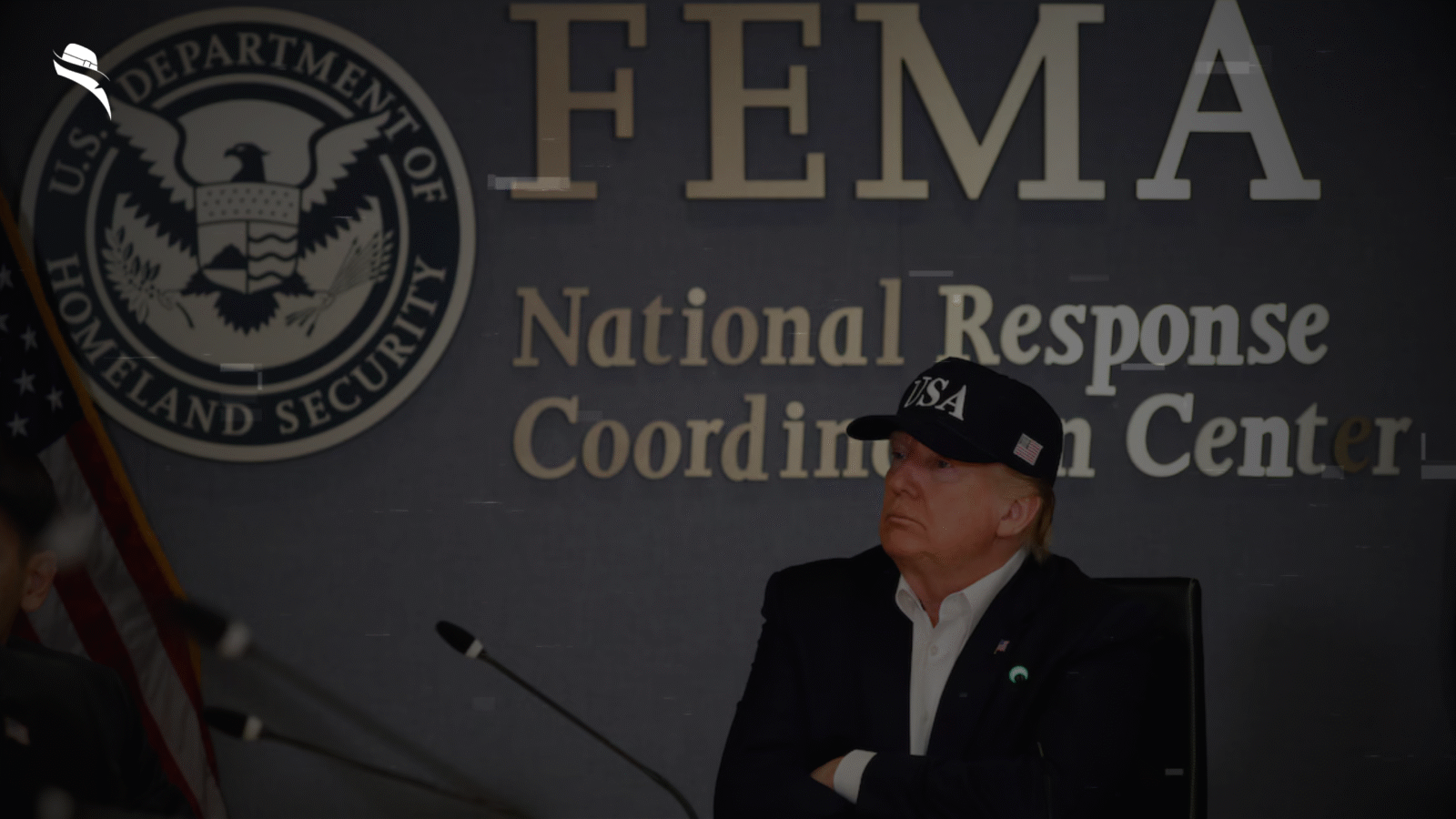
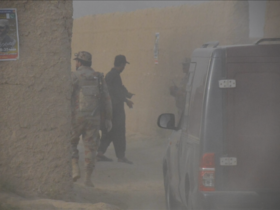
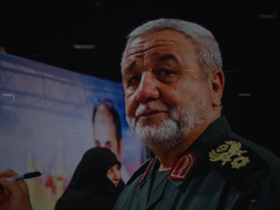

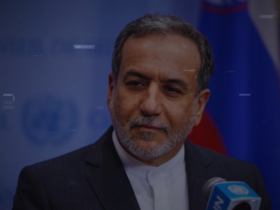
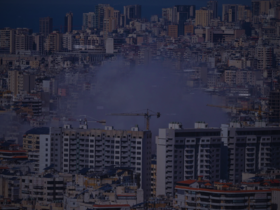
Leave a Reply